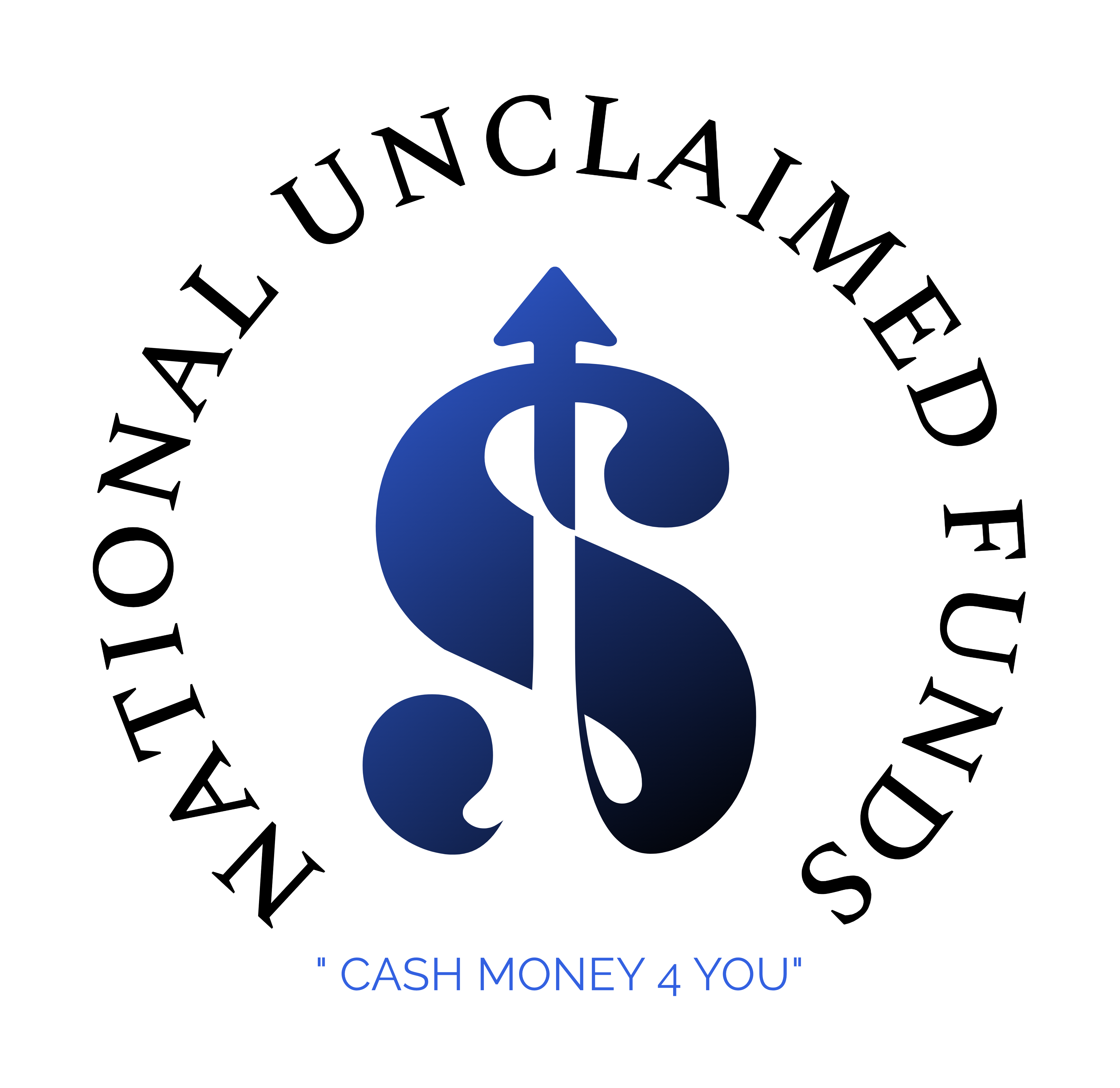Foreclosures
Expert Assistance in the Recovery of Excess Proceeds
If you’re facing foreclosure or have recently experienced one, you may be entitled to excess proceeds from the sale of your home. However, the recovery of these funds can be a complex and confusing process. Here are some important things you should know about the foreclosure process and the recovery of excess proceeds:
The Foreclosure Process
Foreclosure is a legal process that allows a lender to take possession of a property when the borrower fails to make mortgage payments. The foreclosure process can vary depending on state laws, but typically involves a notice of default, a notice of sale, and a public auction.
Excess Proceeds
When a property is sold at a foreclosure auction, the sale proceeds are used to pay off the mortgage and any other liens on the property. If the sale proceeds exceed the amount owed, the excess funds are called excess proceeds.
Eligibility for Excess Proceeds
If your home is sold at a foreclosure auction and there are excess proceeds, you may be eligible to claim a portion of the funds. However, eligibility requirements can vary depending on state laws and the terms of your mortgage.
Recovery of Excess Proceeds
Recovering excess proceeds can be a complex and time-consuming process. It typically involves filing a claim with the court, providing documentation to prove your entitlement to the funds, and waiting for the court to release the funds.
What Happens to Excess Proceeds from a Foreclosure Sale?
Generally, if any junior liens were on the home, like a second mortgage or HELOC, or a creditor that recorded a judgment lien against the property, those parties get the first crack at the surplus funds. Then, any excess proceeds left over after paying off these liens belong to the former homeowner. Example. Jack and Georgia go through foreclosure. At the foreclosure sale, their home sells for $350,000. The loan balance they owed the foreclosing lender at that time was $325,000. This means that the sale resulted in surplus funds of $25,000. The property was also subject to a second mortgage for $15,000 and a judgment lien for $5,000 due to unpaid credit card debt. So, in this situation, $325,000 goes to the foreclosing lender, $15,000 goes to the second mortgage holder, and $5,000 to the judgment creditor. Jack and Georgia can claim $5,000. However, a junior lien holder could lose its rights to the excess proceeds if it doesn't respond to judicial foreclosure proceedings or follow the correct procedures for claiming the surplus.
How Much Time Do I Get to Claim Excess Proceeds?
You'll need to act quickly to claim surplus funds after a foreclosure. And where National Unclaimed can assist by hiring an attorney who is familiar with the process and who will handle securing and distributing the excess proceeds on your behalf.
How National Unclaimed Funds Can Help
Recovering excess proceeds can be a complex and time-consuming process, which is why National Unclaimed Funds offers expert assistance to individuals seeking to recover these funds. National Unclaimed Funds will hire a foreclosure attorney at its own expense to assist with the collection of excess proceeds from a foreclosure sale, ensuring that our clients receive the maximum amount of funds possible. Our team of experts is dedicated to helping you navigate the complexities of the excess proceeds recovery process and claim what is rightfully yours. We will work with you every step of the way, from determining your eligibility to filing the necessary paperwork and collecting your funds. With our personalized and reliable services, you can rest assured that your excess proceeds are in good hands. Contact us today to get started.
“National Unclaimed Funds will hire a foreclosure attorney at its own expense to assist our clients with the collection of excess proceeds from a foreclosure sale.”

